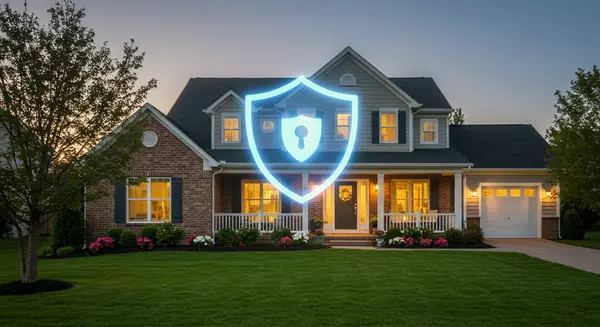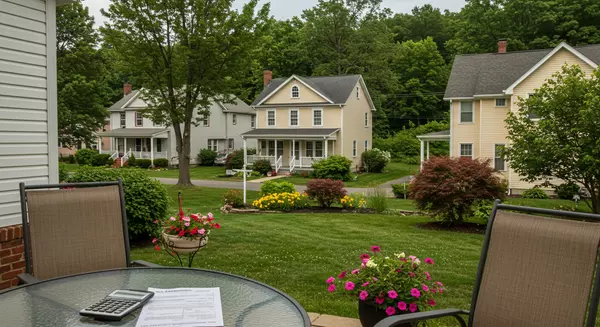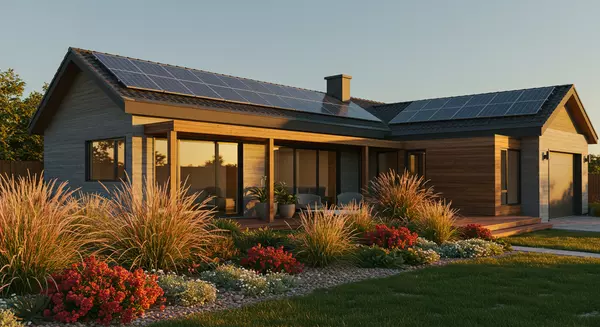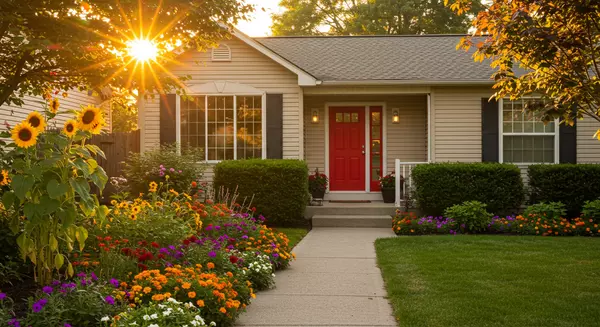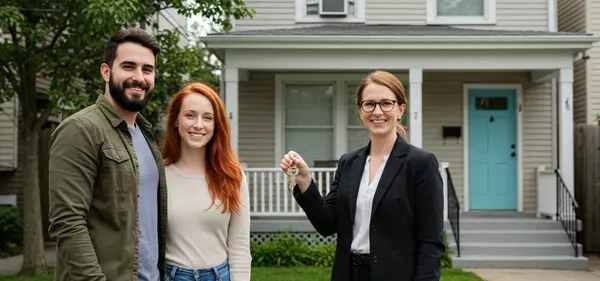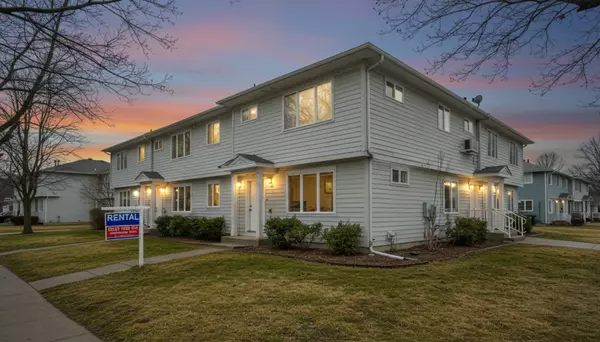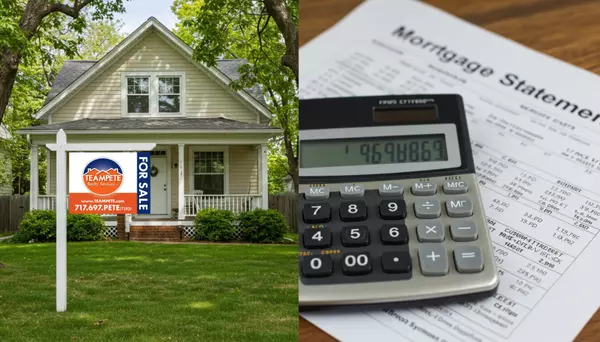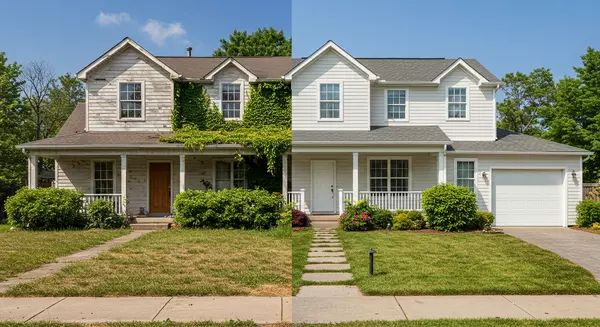House Hacking: How to Live for Free (or Close to It!)
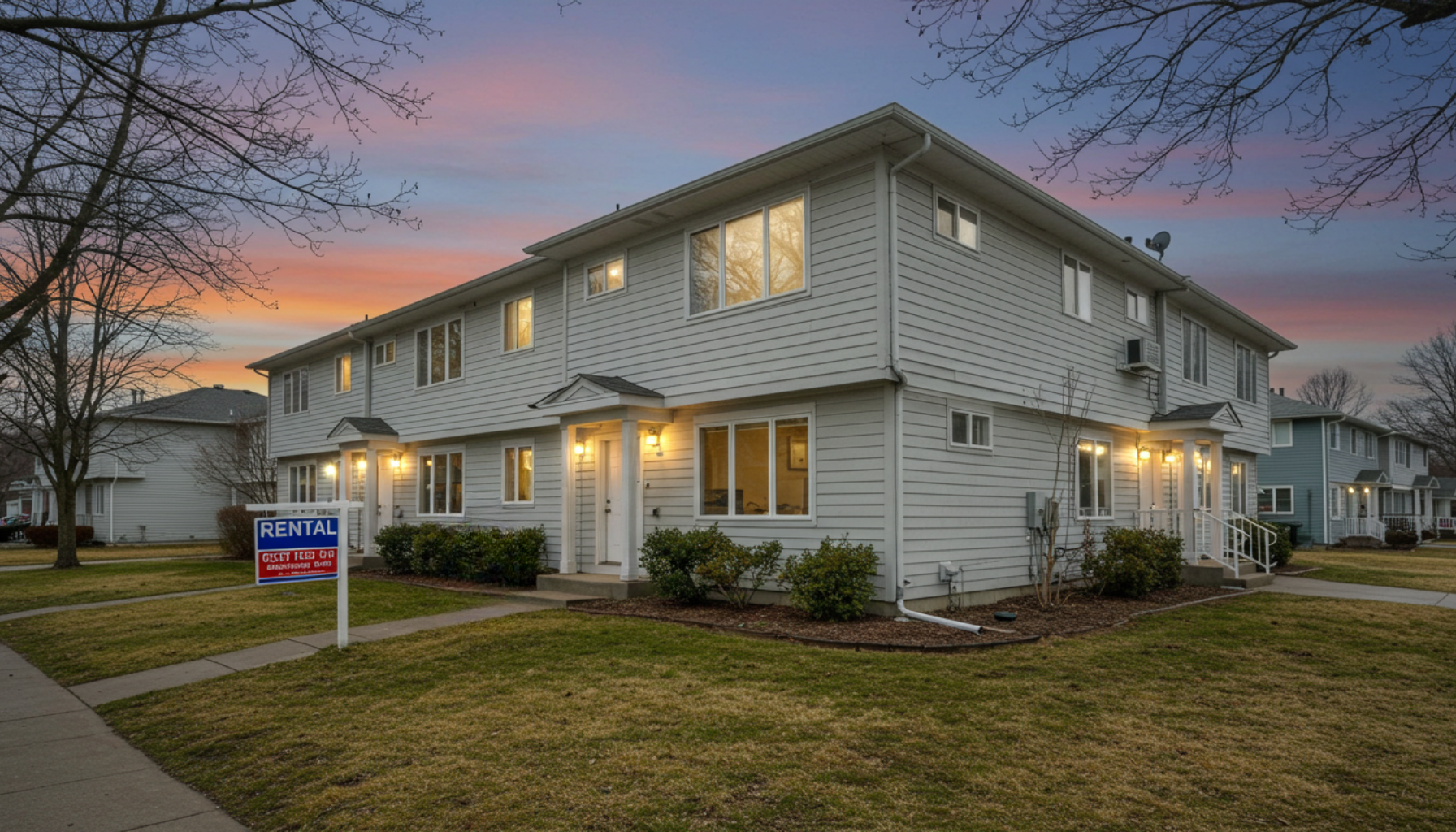
Imagine covering your mortgage each month—without opening your wallet. That’s not a fantasy. It’s called house hacking, and it’s one of the smartest ways to build wealth in real estate without starting with millions in the bank.
Whether you're a first-time buyer, an investor-in-training, or just tired of watching your paycheck disappear into rent, this strategy can help you live for free—or pretty close to it—while gaining long-term financial freedom.
Let’s break down what house hacking is, how it works, and whether it’s the right move for you.
💡 What Is House Hacking?
At its core, house hacking is the practice of using your primary residence to generate rental income that offsets your living expenses.
The classic version? Buy a multi-unit property, live in one unit, and rent out the others. The rent you collect helps cover (or completely pays for) your mortgage, taxes, and insurance.
But there are modern twists too:
-
Rent out a basement apartment or converted attic
-
Lease a room to a roommate or student
-
Offer short-term rentals through Airbnb
-
Create a detached accessory dwelling unit (ADU) on your property
🏡 Common House Hacking Setups
-
Duplex / Triplex / Fourplex
Live in one unit, rent the others. This is the go-to model for maximizing return with minimal hassle. -
Single-Family with Rooms for Rent
Buy a larger home and rent individual rooms to long-term tenants or traveling professionals. -
Basement or Garage Apartment
Convert unused space into an income-producing unit. -
Short-Term Rentals
Rent a portion of your home part-time to travelers—just check local laws first.
💰 Why House Hacking Works
-
Cuts Living Costs: Your tenants help pay your mortgage.
-
Builds Equity Fast: Instead of throwing away rent, you're growing your net worth.
-
Tax Benefits: Many expenses related to your rental portion are tax-deductible.
-
Low Barrier to Entry: You can use traditional residential loans (like FHA or VA) for owner-occupied properties with as little as 3.5% down.
🚧 House Hacking Challenges (And How to Handle Them)
-
Privacy Concerns: Sharing space can be an adjustment. Layout and unit separation matter.
-
Landlord Responsibilities: You’re now a housing provider. Leases, repairs, and conflict resolution are part of the deal.
-
Zoning & Local Laws: Not every municipality is Airbnb-friendly, and some areas limit ADUs or multi-family setups.
Work with an experienced real estate agent who understands the local rules and can help you buy the right property for this strategy (yes, shameless plug—we do that).
🧠 Is House Hacking Right for You?
✅ You want to reduce living expenses
✅ You’re comfortable managing tenants or sharing space
✅ You’re looking to grow your investment portfolio without overextending
✅ You have a long-term mindset and a little hustle
If that sounds like you, house hacking might just be your ticket to building wealth—starting at home.
🔑 Final Word
House hacking isn’t just a creative way to live for less—it’s a gateway to real estate investing and long-term financial freedom. And it’s not just for twenty-something digital nomads. It’s a smart play for anyone ready to make their home work for them.
Need help finding a house hack-worthy property in Central PA? Reach out to TeamPete Realty Services. We'll help you find a property that fits your budget, your goals, and your lifestyle.
Categories
Recent Posts
